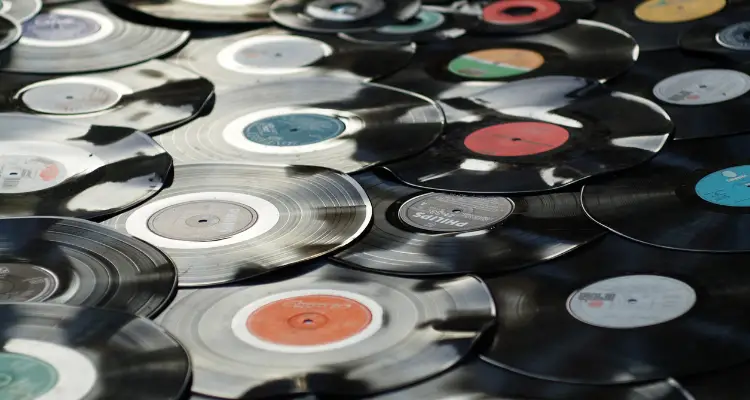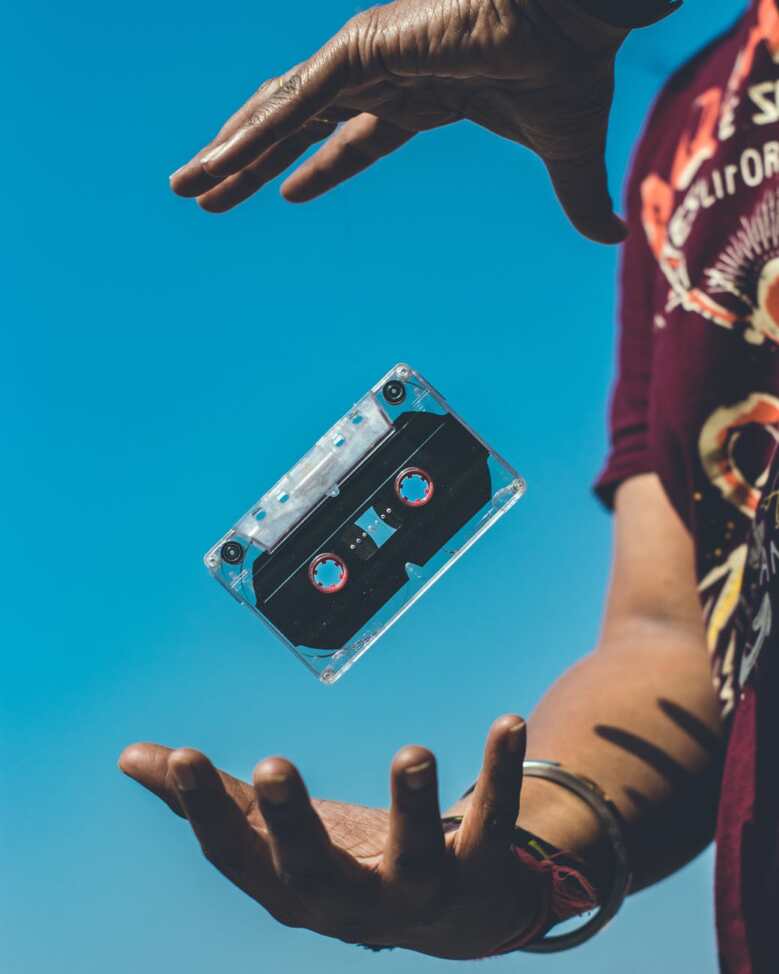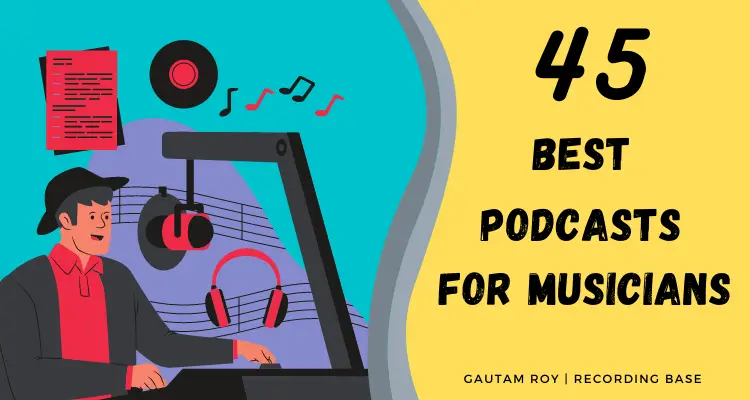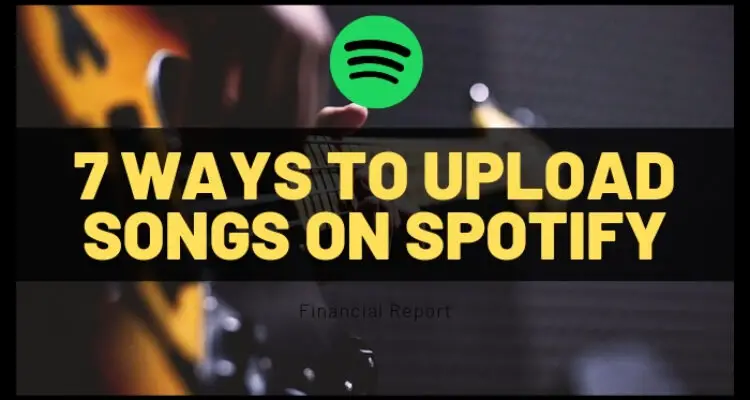Every creator wants to be able to protect their hard work, no matter their field of expertise. When it comes to music, copyrighting is your best way of making sure no one can use it for themselves.
This will ensure you will have all the protections that come with the copyright law.
Protecting your work online is also important so that you can publish and sell your own music without issues.
If you are new to this, there are quite a few ways to simplify the process. Here are some steps you can follow to copyright your music easily and effectively.
Table of Contents
1. Check your local copyright office’s website

Every country has its own Copyright Office which is responsible for registering music. A simple Google search should help you find out which one it is and how it is called in your country. After you can locate that, you should go ahead and spend some time on their official website.
There you will be able to find valuable information about the registration process, the fees, and much more. You can either choose to complete your registration online or even print the forms and then mail them to the particular office. The first option is cheaper and less time-consuming, but it is entirely up to you to decide what you prefer.
2. Keep in mind the costs
One of the things many new artists don’t know is that the costs of registering a song can be very interesting. What everyone would consider logical would be that to register one song you would have to pay a certain amount. If you wish to register two songs, you would have to pay double that and so on.
In reality, this doesn’t apply, or at least this is not the case for the US. Registering an album is going to cost you just as much as registering one single song. The difference in the cost can be funny, but it can also be a relief for artists who are not able to pay for each individual song.
Disclosure: This post may contain affiliate links, which means we may receive a commission if you click a link and purchase something that we recommended. Read more about Affiliate disclosure here.
Therefore, it might be a good idea for you to complete an album first before registering any of the songs on it. Doing it all at once will require much less paperwork, money, and time, so it might be a good idea to do it that way.
3. Put together the registration forms

After you have found the registration forms for your music, it is time to start putting them together. In most cases, they will be pretty simple and there will be plenty of instructions on how to fill them in online.
For most of the cases, there will be a few things you will need to write down. The first is usually the type of copyright you want to obtain and when it comes to music it is a sound recording. Following that they will ask for the title of your work, which is the name of your song or album. Lastly, there will be the content’s title where you will need to include the individual songs you will be registering.
These are the most common parts of any registration form you will come across that might confuse you. As long as you check the guide or instructions on the official page where you got the document from, you will do just fine. There are also plenty of online guides that can help you if you happen to have any questions about certain terminology.
4. Use the limitations of a claim for covers
If you are trying to register a song that is not originally yours, there is still a way to hold rights to your cover. This is very helpful when you are trying to register an entire album. In this case, you should use the Limitations of Claim part of the form.
This form will allow you to exclude either or both the music and lyrics of that particular song. This way you will avoid any issues with the original owner of the music. At the same time, you will be able to use the song in your album, most likely without problems.
5. Revise and submit your completed forms
Last but not least, you should always revise everything you have included in your forms before submitting them. While you might think that small mistakes won’t play an important role in your submission, you are probably wrong. No one but you is responsible for making sure all the information you submit is 100% accurate.
There are plenty of tools such as Grammarly and Hemmingway Editor which can help you correct any possible grammar and spelling errors. You can also go to https://subjecto.com/essay-samples/, in order to find similar flashcards to help you write the perfect message for your submission. This way, you will be able to correctly register your music and not encounter any issues.
Registering your songs early on
If you tend to share your music with the world before you manage to register them, this can cause a lot of problems for you in the future. There are many people online who might see potential in your music and register the songs before you do in order to claim rights. As crazy as this might sound, it actually happens more frequently than you think.
To keep your hard work safe, it is important to register your songs and albums, so you hold all the copyrights to them. This way, you will be the only one able to hold the composition copyright and monetize your song. It truly is an important step to take if you wish for your music career to become a success.
Do you copyright your own music?
You may also like,


![Music Promotion Machine [Unbiased Review 2024]](https://www.recordingbase.com/wp-content/uploads/2020/07/music-promotion-machine.png)



